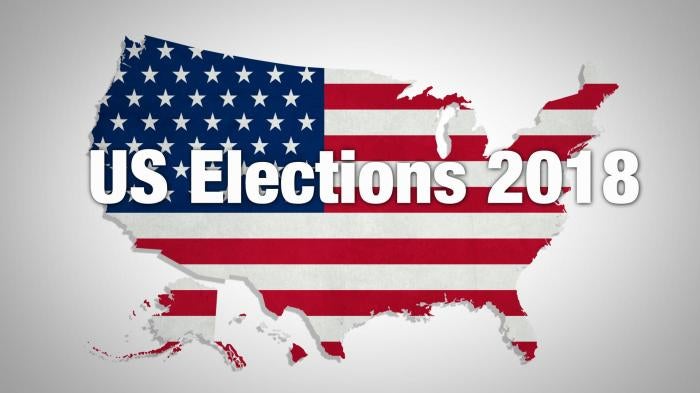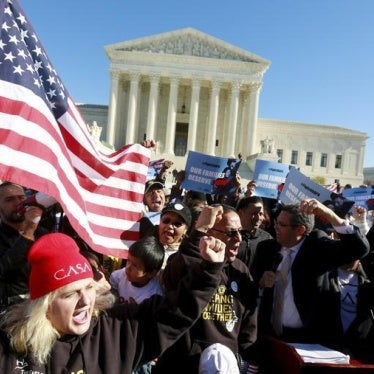Anna stepped out of her apartment and closed the door quietly behind her so her young son would not hear us. No, she would not be voting, she told me. She had done prison time so couldn’t go to the polls.
But Anna was wrong. Unlike many parts of the US, people in Texas who have completed prison terms for a felony conviction are eligible to vote. When I informed Anna she was eligible to vote, she visibly brightened – but she was still concerned she would get in trouble if she tried to vote.
I heard similar stories from others in my brief time in Texas. One politically engaged young man I spoke to told me that many of his friends had felony convictions and they also believed they could not vote.
No other democratic country denies as many people the right to vote as the US because of a felony conviction. Millions of these returning citizens, a disproportionate number of whom are minorities, are unable to vote, a number that ballooned with incarceration rates in recent decades. Currently, 1.4 million people with felony convictions in Florida alone are banned from voting.
The right of citizens to participate in public affairs and vote in elections is recognized as a basic human right in the International Covenant on Civil and Political Rights, which the US has ratified. Yet only two US states allow felons to vote while incarcerated – Maine and Vermont. Fourteen states and the District of Columbia curtail the right only while incarcerated. The remaining 34 states do not allow voting while on probation or parole or impose more significant barriers to voting such as requiring returning citizens to petition a court or the governor for a pardon in order to restore their voting rights. Even in states where returning citizens have voting rights restored automatically after completing sentences, such as Texas, many eligible would-be voters do not know that they can vote, or are afraid of being accused of voter fraud if they try, or both.
For those re-entering society, having a stake in the community is an important step toward rebuilding lives. Returning citizens who have paid their debt to society are as affected as anyone by government actions and should be entitled to participate in selection of their representatives. States should ease the way for them to participate in public affairs by eliminating barriers to voting and informing returning citizens of their right to vote when they have repaid their debt to society.









